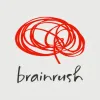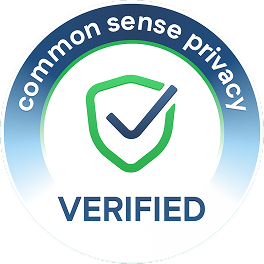Take a look inside 5 images
BrainRush
Pros: Practice sets are adaptive so each student's experience is individualized.
Cons: It's little more than a flashcard tool, leaving students to memorize facts and then take quizzes.
Bottom Line: BrainRush can provide a spot fix for reinforcing basic facts and vocabulary, but this won't develop students' thinking or build new skills and could be a huge let down given its game-based branding.
Despite its shortcomings, BrainRush does have some useful applications in the classroom: It would be an effective study tool when information is mostly memorization based (diagrams, vocabulary, math facts, and so on). It's also useful for providing kids with some variety when learning basic facts, which can become boring if the same approach is used over and over. BrainRush lessons could also be assigned to individual students who want to move on to a more advanced level of study -- or need help catching up on the basics.
At BrainRush, teachers assign students activities from a huge library of standards-mapped choices; students then log on and work through their assignments. Several different types of activities -- flashcards, hot spots, sequencing, and categorizing -- are included in the massive collection, but each works the same way: students review the topic, whether it's a science diagram, multiplication facts, or parts of speech, until they feel confident they know the information. They then test themselves on what they know through an interactive quiz. BrainRush adapts to each student, so if a student is doing well, questions become more difficult and the allotted time becomes shorter, and vice versa. Students earn "genius points" for mastering a concept, although these don't really have any significance.
Its easy-to-access organization is BrainRush's best feature. Teachers can search thousands of lessons by keywords or tags (often Common Core standards) or create their own lessons with the easy interactive tool. The responsiveness is also excellent, allowing students to progress at their own pace without the distraction of unequal partnerships one might find in traditional study groups or flashcard activities. Beyond that, while BrainRush may help students memorize some basic information, such as vocabulary or math facts, it won't encourage any kind of critical thinking or creativity and feels like old school pedagogy. In addition, when it comes to more complicated concepts, BrainRush's straight memorization route isn't likely to help students transfer the information to the real world.













